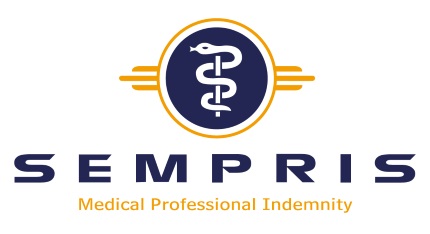Keeping good medical records and reports is an essential part of delivering high-quality evidence-based healthcare. This becomes even more important when different medical professionals are contributing simultaneously to a patient’s care. Providing everyone involved with access to the information they require helps to avoid duplication of work, delays and mistakes.
The importance of keeping clinical records and reports
Clinical records and reports help to ensure a patient receives the high standard of continuous care they need. Medical records are also used for a range of other purposes such as meeting legal requirements, feeding into clinical audits and the providing facts when responding to complaints and negligence claims.
The records themselves can include a wide variety of documents generated by or on behalf of health professionals involved in patient care. These include:
- handwritten notes
- electronic/computer generated records
- emails
- scanned records
- text messages
- x-ray films
- photographs
- consent forms
Making good quality records and reports
Keeping informative, accurate and clear records and reports aids the accurate understanding of previous consultations and medical care. Informative data includes:
- history relevant to the condition
- patients examinations
- important findings and investigations
- referral details
- information conveyed to the patient about risks and benefits of medical procedures
- treatment and treatment plans
- follow-up tests and appointments
- progress reports
It’s all in the presentation
Presenting records and reports so they are clear to others who may need them is important. Records that are unclear, inaccurate or written in a way that is difficult to follow can cause errors and misunderstandings to occur. High quality notes will have the following attributes:
- be clear and legible
- be factual and free from subjective comments
- be written at the time of the event, ensuring accuracy
- be attributed to the correct person/s
- be original or correction/s clearly shown
Keeping records confidential
All medical professionals understand the principle of patient confidentiality. Errors can sometimes occur but it’s important to bear in mind the following:
- preserving professional confidence is a common-law duty
- the Data Protection Act 1998 contains stipulations around keeping personal data, including medical records, secure
- respecting patient confidentiality is a covered under GMC guidance materials
As well as not divulging patient information, confidentiality is also about making sure medical records and reports are kept securely.
There are a number of exceptions to the confidentiality rule, including reporting to the DVLA, child protection and communicable diseases. The GMC provides further guidance on this.
Useful links:
Department of Health, Records Management: NHS Code of Practice (2006)
www.gov.uk/government/publications/records-management-nhs-code-of-practice
Data Protection Act 1998
www.gov.uk/data-protection/the-data-protection-act
The General Medical Council
More GuidelinesShare this post:
- - -
